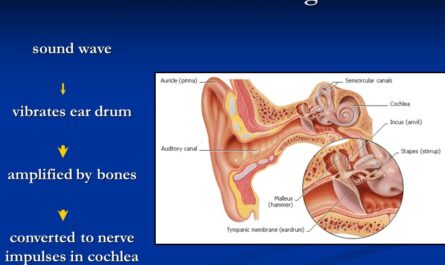Researchers from the University of Cambridge have uncovered a new mechanism through which fasting can reduce inflammation, a harmful side effect of the immune system that contributes to various chronic diseases. In their study, titled “Arachidonic acid inhibition of the NLRP3 inflammasome is a mechanism to explain the anti-inflammatory effects of fasting” and published in Cell Reports, the scientists explain how fasting increases levels of arachidonic acid in the blood, which inhibits inflammation. This finding may provide insight into the beneficial effects of drugs like aspirin.
It has long been known that our diet, especially a high-calorie Western diet, can increase the risk of diseases such as obesity, type 2 diabetes, and heart disease, which are all associated with chronic inflammation in the body. While inflammation is a natural response to injury or infection, it can also be triggered by mechanisms like the inflammasome, which acts as an alarm within our cells and initiates inflammation to protect the body when damage is detected. However, the inflammasome can inadvertently trigger inflammation through activities like destroying unwanted cells and releasing their contents into the body.
Professor Clare Bryant from the University of Cambridge’s Department of Medicine states that understanding the causes of chronic inflammation and the role of the inflammasome is crucial for comprehending various human diseases. The NLRP3 inflammasome, in particular, plays a critical role in major diseases like obesity, atherosclerosis, Alzheimer’s, and Parkinson’s disease, which are prevalent in the Western world, especially in older adults.
Although fasting has been observed to reduce inflammation, the precise reasons behind this phenomenon have remained unclear. To shed light on this puzzle, Professor Bryant and her colleagues conducted a study involving 21 volunteers who consumed a 500-kcal meal, followed by a 24-hour fast, and then a second 500-kcal meal. Blood samples were taken throughout the study. The research team discovered that restricting calorie intake led to an increase in arachidonic acid levels. Interestingly, as soon as the individuals consumed a meal again, arachidonic acid levels dropped.
Further investigation revealed that arachidonic acid decreased the activity of the NLRP3 inflammasome in immune cells cultured in the laboratory. This finding surprised the researchers, as arachidonic acid was previously associated with increased inflammation, not decreased levels.
These findings provide valuable insights into the potential health benefits of fasting and the role arachidonic acid plays in regulating inflammation. Understanding these mechanisms could lead to the development of new strategies for managing chronic diseases associated with inflammation.
*Note:
1. Source: Coherent Market Insights, Public sources, Desk research
2. We have leveraged AI tools to mine information and compile it



